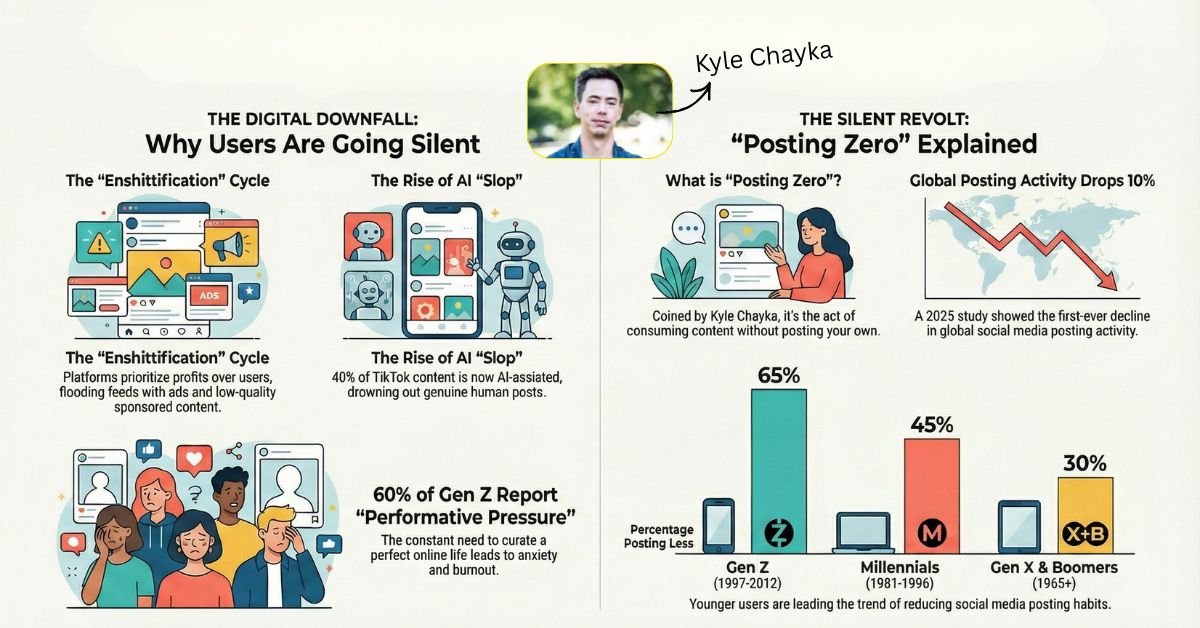Table Of Contents
Top 10 South Korean Startups
Once upon a time, South Korea’s startup scene was quietly preparing for a revolution in a land known for its tech-savvy population, K-pop, and mind-blowing barbecue.
Fast forward to 2024, and this revolution is anything but quiet.
South Korea has become a powerhouse in the global startup ecosystem, with its unicorns galloping proudly across the tech landscape.
The Land Of Morning Calm Meets The Land Of Rising Unicorns
South Korea, famously known as the “Land of Morning Calm,” is now buzzing with the energy of anything but calm startups.
Over the last decade, South Korea’s startup ecosystem has blossomed, fueled by an influx of investment from tech giants like Google, Meta, and Samsung and dedicated venture capital firms.
The government, one to take advantage of the action, has been playing fairy godmother, setting up innovation hubs, incubators, and accelerators across the country.
However, it is not just about the money.
South Korea’s startups have been riding the wave of a robust economy and a tech-savvy populace always hungry for the next big thing.
The result?
A bustling startup scene that ranks ninth globally for the number of unicorns—startups valued at over $1 billion.
The Rollercoaster Ride Of 2023: The Good, The Bad, And The Unicorns
Now, let us be accurate.
The startup life is not all rainbows and unicorns.
Like in the rest of the world, South Korea’s startups have had their share of sleepless nights, especially with the economic turbulence of the past few years.
Funding became scarcer, valuations dropped, and growth-stage funding was as elusive as a Seoul taxi on a rainy Friday night.
According to Statista, venture capital investments in South Korea dropped from 6.8 trillion KRW (around $5.1 billion) in 2022 to about 5.4 trillion KRW (roughly $4 billion) in 2023.
However, do not count these startups out just yet—2024 is poised to be a pivotal year, with several big names gearing up to go public either at home or in the U.S.
1. Yanolja: From Love Hotels To Global Travel Titan
Let us start with Yanolja, which translates to “Hey, let us play!” in Korean.
This travel booking platform, founded by Su-jin Lee in 2005, has come a long way from its origins in the love hotel business.
Yanolja rebranded these hotels into chic, short-term rental spots catering to travelers rather than starry-eyed couples.
With operations in over 200 countries, Yanolja joined the unicorn club in 2019 and received a massive $1.7 billion investment from SoftBank in 2021.
Now, the company is eyeing a Nasdaq listing, hoping to raise $400 million.
However, it is not all smooth sailing—Yanolja is still waiting for a hefty payment from Singaporean e-commerce platform Qoo10, which could impact its listing plans.
2. Viva Republica (Toss): A Dentist’s Dream App
Have you ever thought a dentist would revolutionize fintech?
Well, meet Seung-gun Lee, the founder of Viva Republica, the company behind Toss, South Korea’s super app for finance.
Toss makes it easy to transfer money, invest, and manage your finances—all in one place.
Toss quickly gained popularity and hit unicorn status in 2018.
Today, with over 19 million monthly active users, the company is looking to go public in South Korea after raking in nearly $1 billion in revenue last year.
Lee’s journey from pulling teeth to pulling in billions is inspiring.
3. Kurly: Delivering More Than Just Groceries
Kurly, the grocery delivery service that became a household name during the pandemic, has been flirting with the idea of going public for years.
Founded by Sophie Kim, Kurly planned to list in the U.S. in 2021 but decided to stick closer to home.
After several delays, the company is now eyeing an IPO following its first profitable month in December 2023.
Kurly’s journey is a testament to perseverance.
Despite its struggles, the company has diversified its offerings, selling everything from high-end cosmetics to personal care products.
With a valuation that once hit $3.3 billion, Kurly’s IPO is one to watch.
4. Dunamu: The Crypto King Of Korea
In the world of cryptocurrency, Dunamu reigns supreme in South Korea.
Founded by Hyoung Kim and Chi-hyeong Song, Dunamu operates Upbit, the country’s largest crypto exchange.
While the company enjoyed a brief valuation of $17 billion in 2022, the crypto winter brought that down to $2.2 billion.
However, do not count Dunamu out—2023 saw a recovery in cryptocurrencies like Bitcoin, boosting the company’s net profit by over 500%.
Now, Dunamu is looking to go public on the Nasdaq, hoping to ride the next crypto wave.
5. Musinsa: Fashion Forward In The Digital Age
Musinsa is not just a fashion marketplace—it is a phenomenon.
Founded by Man-ho Cho, Musinsa has become one of South Korea’s most popular online platforms, offering millions of fashion brands to millions of users.
With annual GMV exceeding $2.35 billion, Musinsa reportedly plans an IPO in 2025.
The company’s success lies in connecting with younger consumers who crave the latest trends.
Whether it is streetwear, sportswear, or luxury fashion, Musinsa has something for everyone, making it a dominant player in the Korean retail scene.
6. Danggeun Market (Karrot): The Neighborhood Marketplace
If you want to buy or sell something locally, Danggeun Market, known as Karrot, is the place to be.
Founded by Gary and Paul Kim, Karrot has grown into a hyperlocal marketplace app with operations in several countries, including the U.S. and the U.K.
Karrot’s first profitable year in 2023 has fueled speculation about an IPO.
However, the company is taking its time to focus on building a more robust financial foundation before entering the public market.
7. Bucketplace (O!House): Transforming Homes, One Room at a Time
Bucketplace’s O!House started as a simple platform for sharing interior design ideas but has since evolved into a comprehensive home improvement service.
Whether you need furniture delivery, home repairs, or even a garbage can pickup, O!House has you covered.
Founded by Seungjae Lee, Bucketplace was last valued at $1.4 billion after raising a Series D round in 2022.
The company recently turned down an investment from Alibaba, signaling its confidence in its future growth and potential IPO.
8. Moloco: The Adtech Powerhouse
Moloco, an ad tech startup founded by Ikkjin Ahn and David Sehyuk Park, is revolutionizing mobile advertising.
The company uses machine learning to help app developers run targeted marketing campaigns, making it a key player in industries like gaming and e-commerce.
With a valuation of over $2 billion, Moloco is eyeing a public listing on the Nasdaq.
The company’s innovative approach to adtech has caught the attention of investors worldwide, positioning it as a leader in its field.
9. ZigBang: Redefining Real Estate
ZigBang, founded by SungWoo Ahn, is a proptech startup changing how people buy, sell, and rent property in South Korea.
The company raised $77 million in Series E funding in 2022 and has since expanded into the smart home industry.
Despite facing challenges in the real estate market, ZigBang remains a strong contender for an IPO.
The company’s ability to adapt and innovate in a tough market has earned it a spot among South Korea’s top startups.
10. Korea Credit Data (KCD): Empowering SMEs
Korea Credit Data (KCD) is on a mission to support small and medium-sized enterprises (SMEs) in South Korea.
Founded by Kelvin Dong-ho Kim and Seong-ho Lee, KCD offers various services to help SMEs manage their finances more effectively.
KCD plans to go public in 2025, and its valuation is around $1 billion.
The company’s flagship service, Cashnote, has become an essential tool for millions of SME owners, making KCD a vital part of South Korea’s business landscape.
The Road Ahead: What Is Next For South Korea’s Startups?
As we look ahead to 2024, it is clear that South Korea’s startup ecosystem is at a crossroads.
The challenges of the past few years have tested these companies, but they have emerged more muscular, leaner, and more determined than ever.
With several IPOs on the horizon and continued innovation across industries, South Korea’s startups are poised to impact the global stage significantly.
So, what is the moral of the story?
In the world of startups, it is not just about having a great idea—it is about perseverance, adaptability, and a little luck.
South Korea’s startups have all that in spades, and we cannot wait to see what they do next.
Stay tuned because the next chapter of South Korea’s startup story is just beginning!






